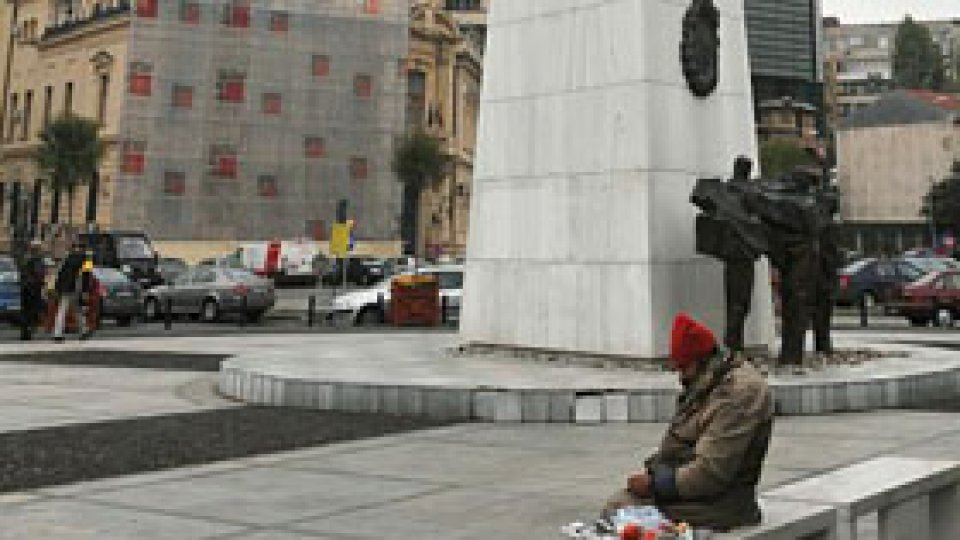Romanians, the poorest of Europeans
According to a study conducted by the Research Institute for Quality of Life, almost one fifth of Romanians have incomes below the national average.

Articol de Mihaela Enache, 20 Octombrie 2011, 08:38
The numbers released on 19 October show that the minimum wage for a Romanian person is of approximately 16 euros, while in Bulgaria, the minimum wage is 230 euros, and in Austria and Great Britain it exceeds the value of 900 euros.
The research study compares data prior to the crisis with more recent figures, and shows that the situation has not changed significantly during this period, poverty being the result of Romania’s poor economic performance within the last two decades and the low level of social protection.
Consequently, for instance, only 60 percent of Romanian houses are equipped with a bathroom and toilette, while, in villages, the value reaches 90 percent.
The main reason for lack of toilettes in rural areas is the fact that many of these villages do not have access to water and sewerage networks.
According to the data provided by the National Statistics Institute, in 2009 only 13 percent of rural houses were connected to the central sewerage network, which represents the lowest percentage in the European Union.
The situation is more positive in urban areas, but even so, over 10 percent of houses still do not have an individual bathroom.
The study reflects the poverty situation in Romania compared to other EU member states, and was made public on 19 October by the Research Institute for Quality of Life.
Romanian poverty is “different” than European poverty
“Fifty percent of Romania’s profile consists of rural areas; consequently, there are additional factors which accentuate this phenomenon. The lack of essential living conditions, such as toilettes and electricity in certain regions, all these amplify the phenomenon. On the other hand, there is a lack of transport possibilities to towns where people could find new opportunities, not necessarily work-related, but also collaborations. The lack of feasible transport possibilities renders this impossible”, Codrin Scutaru, who conducted the study, stated.
We also occupy first place in Europe where lack of telephones is concerned – over 40 percent of Romanians, compared to 39 percent of Bulgarians and 10 percent of Hungarians.
Only 45 percent of Romanians and Bulgarians own a washing machine, in comparison with 99 percent of the Spanish.
Another problem highlighted by the study is the fact that, since the outburst of the crisis, the government has adopted austerity measures which, according to the authors of the study, have been excessive, and no social protection measures have been implemented.
“Social protection plays a part in diminishing the effects of harsh economic measures. If this type of protection no longer exists, the poverty state of people belonging to high risk groups (families with multiple children, single parent families, pensioners, the elderly) will eventually worsen and those people will have no way of escape. Therefore, an important segment of the population, varying between one quarter and one third of the population, will remain stuck in a situation they cannot recover from”, Codrin Scutaru added.
In Romania’s case, following the austerity measures adopted by the government, the purchasing power has decreased with over 9 percent from March 2010 until March 2011, the study shows.
During this time, increases in real wages have been recorded only in tobacco manufacturing businesses, the industry of refined petroleum and the video and TV production industry, as the study further reflects.
Translated by: Cristina Baciu
MA Student, MTTLC, Bucharest University














